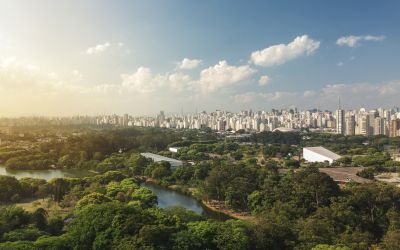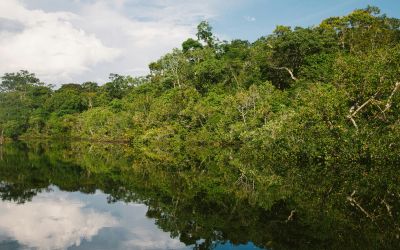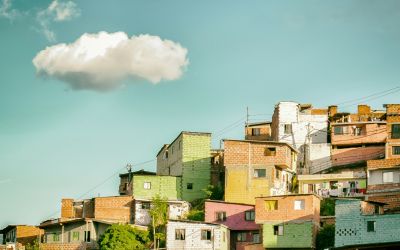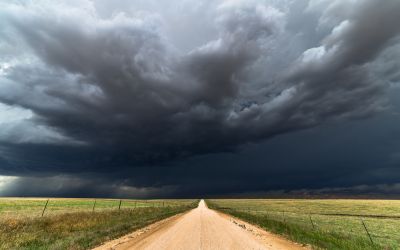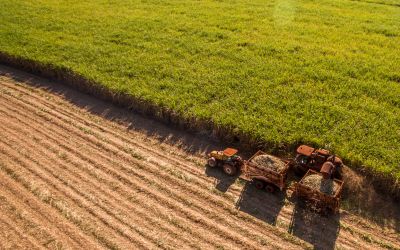Asia-Pacific Environment Ministers meet to address sustainable development
Officials from 35 countries met on Tuesday at the First Forum of Ministers and Environment Authorities in Bangkok to find solutions to pressing sustainable development challenges
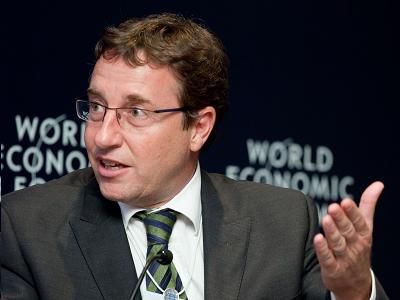
Environment Ministers and officials from 35 countries across Asia Pacific met on Tuesday at the First Forum of Ministers and Environment Authorities in Bangkok to find solutions to pressing sustainable development, health and environment challenges facing the region.
The Forum is expected to shape a stronger and more unified regional stand on challenges and opportunities provided by the United Nations (UN) Post-2015 Development Agenda and Sustainable Development Goals (SDGs), to be endorsed by world leaders later this year.
Asia Pacific is the driver of the global economy, but its rapid growth has come at great expense to the environment.
High levels of air, water and soil pollution incur high social and health costs and have detrimental consequences for the region's industrial and economic activity.
Nearly 5 million people in the region die prematurely each year from indoor and outdoor pollution.
In the inaugural address His Excellency Te Breretitenti Anote Tong, President of Kiribati, said: "My challenge to all of us here attending this Forum is to try and better understand the concepts of Pacific nature-based economies for it not so different from traditional practices and beliefs of those represented today. Some may want to call it the economies of the under-developed or the poor - but it is without doubt, a more sustainable and nature based system that enhances efficiency and better use of resources for the people. Let us seriously consider investing in nature-based economies for the future of mankind and let us join hands together and to act now, for we cannot afford to wait any longer."
At the opening of the Forum, UN Under-Secretary-General and United Nations Environment Programme (UNEP) Executive Director, Achim Steiner (pictured) delivered a statement from UN Secretary General, Ban Ki-moon.
Mr. Ban emphasised in his statement the key role Asia-Pacific leaders will play in the three upcoming high level meetings - on financing for development, in Addis Ababa, in July; at the United Nations summit for the adoption of the Post-2015 Development Agenda, in September, in New York; and at the UNFCCC climate negotiations, in Paris, in December.
"I encourage all of you gathered for the First Forum of Ministers and Environment Authorities of Asia Pacific to build a common environmental agenda that addresses the need for enhancing resilience, moving away from carbon intensive development, and decoupling economic growth from intensive resource use and pollution," Ban Ki-moon said.
During the meeting, Ministers will look at ways to close development gaps, reduce poverty and improve well-being of people in the region. These include strengthening resilience to climate change and disasters, building low-carbon societies powered by renewable energy, promoting decarbonised economies, maintaining biodiversity and provision of ecosystem service while ensuring fair access to natural resources, improving legislation and law to address the growing problem of chemicals and waste in the region, and preventing and controlling air pollution.
They will also discuss approaches to integrating environment and health challenges and move forward to implement SDGs effectively at the national level.
Mr Steiner said: "Major health and environment challenges facing the region underline the urgency of setting it on a greener and more inclusive growth path. The good news is that there is growing realisation of the importance of a healthy environment for economic and social development. 2015 is an opportunity for Asia Pacific to put this into action by joining the world in adopting a new, transformative global development agenda that is based on this premise."
More than 200 participants are attending the meeting, including the President of Kiribati and Vice President of Iran, Environment Ministers and high level officials, business and civil society representatives.

